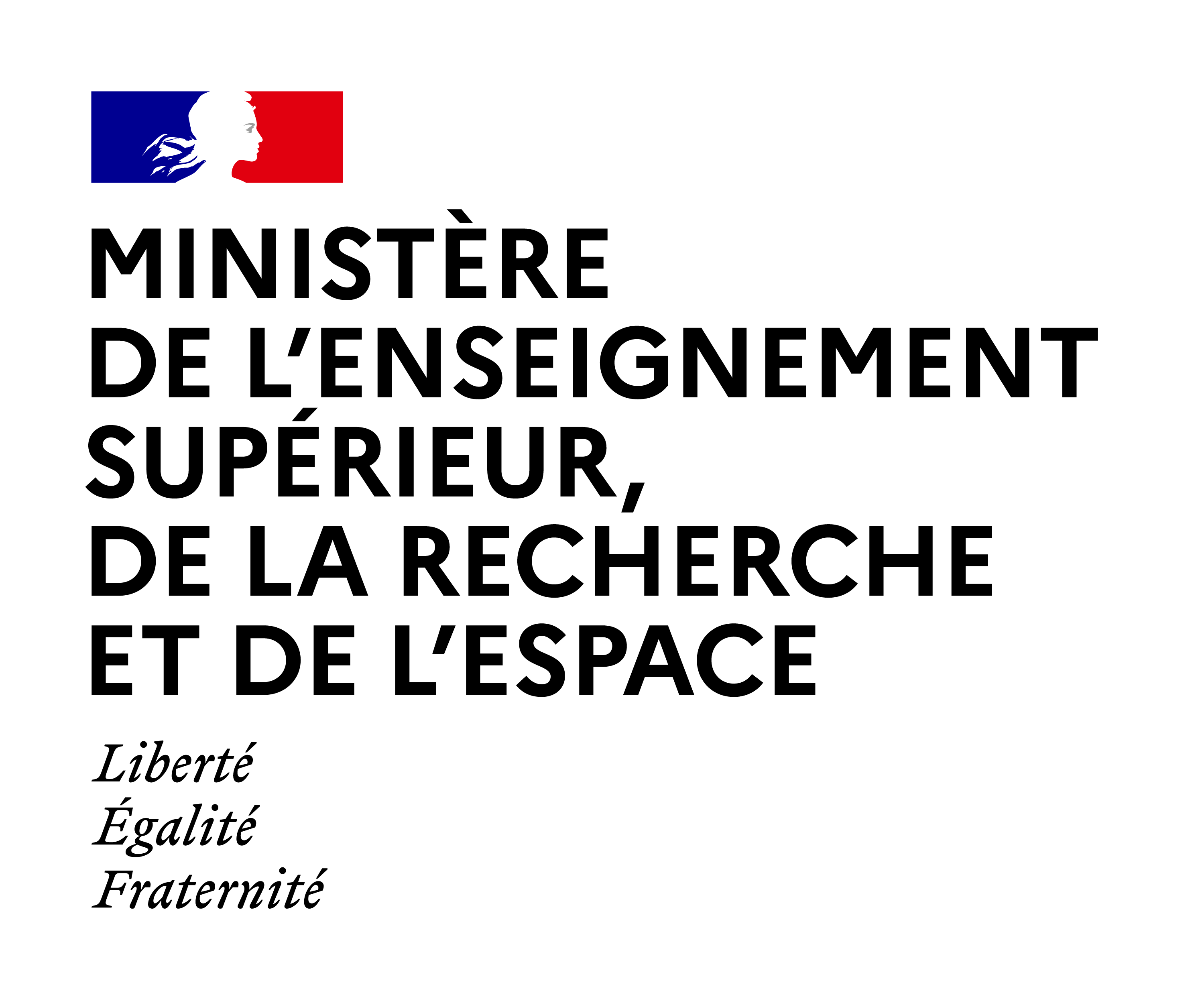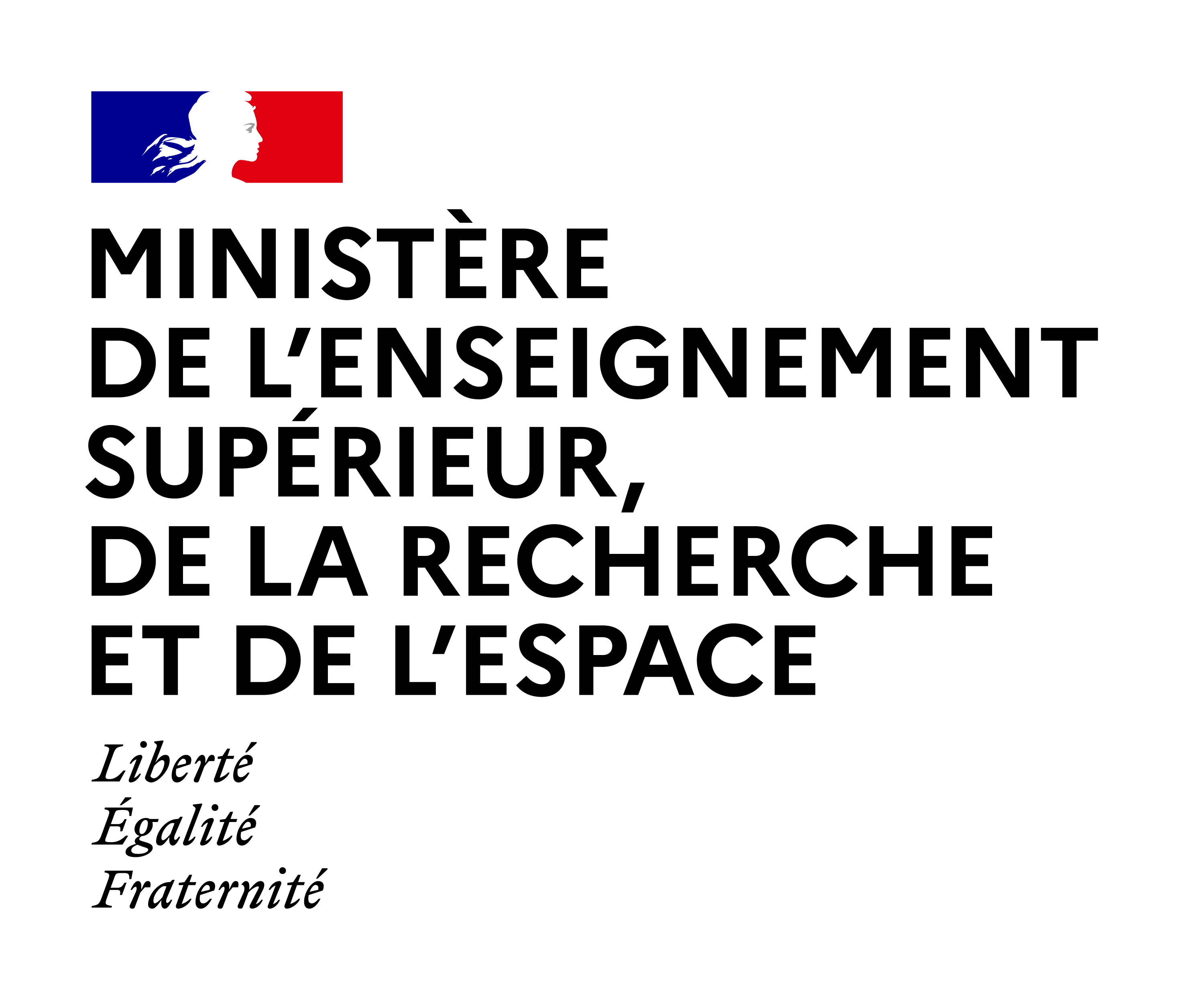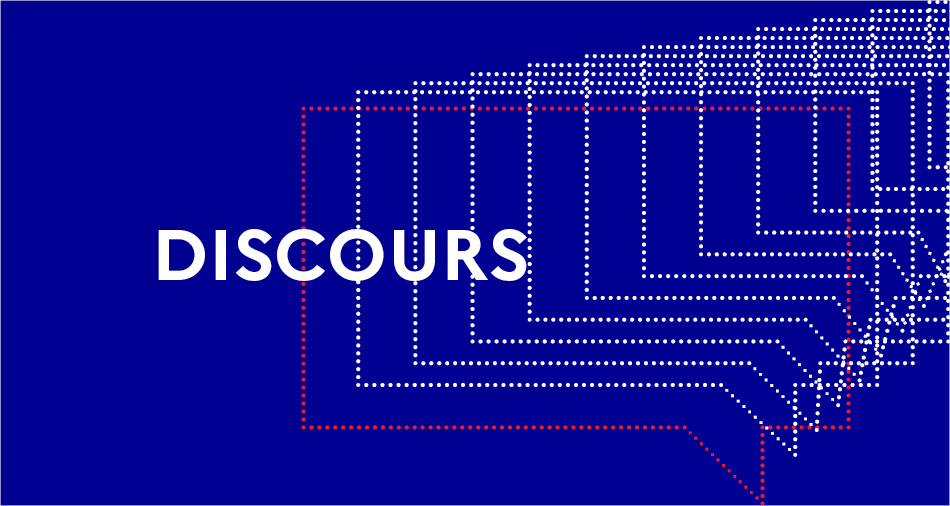SEUL LE PRONONCÉ FAIT FOI
Monsieur l’administrateur, lieber Thomas,
Madame la directrice, chère Laura,
Ladies and Gentlemen,
It is an honor and a joy to welcome you today to the Collège de France for the third Inspireurope Forum.
What unites us—the defense and support of threatened researchers worldwide—takes on a particular significance in our current context.
Indeed, we may have grown accustomed to seeing researchers threatened in their home countries, threatened by war, political pressures, or simply because they are scientists in regimes where scientific truth is inconvenient.
We have sometimes become used to the idea that with each new conflict, high-level scientists from Syria, Afghanistan, Iraq, Sudan, Lebanon, and Gaza knock on our doors.
What is happening across the Atlantic, in the United States, should not make us forget this.
Yet, it would be naive to ignore the deafening clamor and the chilling surprise of this reversal.
As the President of the Republic reiterated last Monday during the launch of the Choose Europe for Science initiative, what we are witnessing is a complete turnaround from what has made America strong and exceptional from a scientific, technological, and economic standpoint.
It is right that we should be struck by this, and reasonable that we should react.
It is necessary that we allow ourselves to be challenged when a nation puts its own foundations at risk for ideological and political reasons.
This is all the more crucial as the decisions made in the United States affect global research worldwide, including French and European research.
Therefore, I can only applaud the announcements made by the President of the Republic last Monday and the President of the European Commission, Ursula von der Leyen.
These announcements are, I think, a breath of fresh air, a call to mobilize in favor of free research worldwide.
This program is not exclusive to what already exists for researchers at risk around the world.
This is why, especially, President Macron reiterated the state's support for the PAUSE program. These are complementary initiatives founded on the same conviction: nowhere can we accept that academic freedoms be endangered.
France and Europe can only be true to their values if they do embrace their role as a "safe place" for science and for research.
Yes, we were founded in the crucible of the university.
Yes, our democracies have sunk their roots into this fertile soil of free discussion, debate, and the exchange of ideas.
Yes, we reaffirm who we are whenever we embrace the heritage of the European Enlightenment in the face of the "endarkenments" of our world. In this regard, the
PAUSE program and Inspireurope are exemplary.
Therefore, since its inception, the Ministry of Higher Education and Research has provided constant support to this program.
I would also like to say a special word for someone who was a strong supporter and early believer in the program from its start, Alain FUCHS, former director the CNRS.
Marie Curie was much discussed last Monday at the Sorbonne.
She is, of course, a unique and remarkable figure among all those who have come to France from their home countries to work.
She lent her name to the European program that made today's gathering possible.
However, of course, I do not forget that she is one among many less-known faces and less extraordinary trajectories.
But all these destinies have enriched French and European science.
All these journeys of men, women, and researchers have helped France rise to the challenges of the times at different times.
This tradition of welcome is deeply rooted in our research institutions.
CNRS, which is of course a pride for France in many fields, was born amid the threat of war looming over Europe in the 1930s.
The PAUSE program is a continuation of this history.
Since its inception, it has supported over seven hundred individuals, the majority of whom are scientists from more than forty countries.
These numbers are small and large at the same time, they remind us once again that the world is not always hospitable to free research.
Behind these figures, there are stories, there are faces, there are people.
The face of Liz, you will hear from her in the second panel, who left Lebanon to conduct research on corruption and its impact on daily life.
The face of Natalya, who came from Ukraine thanks to PAUSE and has dedicated much of her career to academic cooperation between France and her home country.
The faces of these men, of these women who have lent their faces to the magnificent traveling exhibition "pose for freedom" that has been showcasing their destinies since 2020.
What an honor for us, for France to welcome these faces into the mosaic that constitutes it!
Academic refuge is not just a moral obligation.
It is also a way to participate in the long-term reconstruction of the academic systems of the countries of origin.
If we welcome researchers in exile, it is with the hope that those who come today will be able to contribute to building and rebuilding their home countries tomorrow, and build strong links between Europe and their home countries.
France can and must do its part, but it is right and important that it acts in coordination with its European partners.
This is why the partnership of PAUSE with the Safe program, alongside the German DAAD, Campus France, and UNIMED, is so valuable.
The role played by PAUSE in France to implement MSCA4Ukraine is also a strong illustration of the need for integration into European networks.
You have placed this edition of the forum under the sign of synergies between the academic world and the non-academic world.
As I worked quite a lot in both worlds, this is an initiative that I can only applaud!
Indeed, it is the entire host society that must mobilize to successfully meet the challenge of integration.
This is particularly true for cooperation between the academic world and business.
On the one hand, I am convinced that public and private research must go hand in hand.
This is a reality that I have much experienced in my own career as a researcher in France and elsewhere, in the US, in both the public and private sectors.
It is an ambition that I hold for France, which must continue to progress in bringing together the public sector and businesses to serve our independence and sovereignty, and our future.
Researchers do not have to work for the industry, but it must be open to them.
Moreover, businesses have everything to gain by welcoming researchers whose rigor and precision, the way they lead research projects, are valuable assets.
The incomparable human experience of PAUSE laureates is also an invaluable resource.
Closing the gap with the private sector is finally a way to fulfill our commitment to researchers who come to France and who cannot or do not wish to continue their careers in academia.
I am convinced that many partnerships will emerge to further this ambition.
For my part, I call on actors in higher education and research, as well as those from the business world, to engage even more in welcoming endangered scientists.
Just as scientific attractiveness must be considered on a continental scale, as we have implemented with Choose Europe for Science, I am convinced that Europe has a crucial role to play in enabling the collective welcoming of researchers in exile.
France will champion this ambition at the European level, and I will personally advocate for it alongside my colleagues.
Ladies and Gentlemen,
Salman Rushdie famously wrote that exile “is an endless paradox: looking forward by always looking back.”
I hope that together we can look forward without forgetting what has come before or those who have paved the way.
I wish you all an inspiring day!


